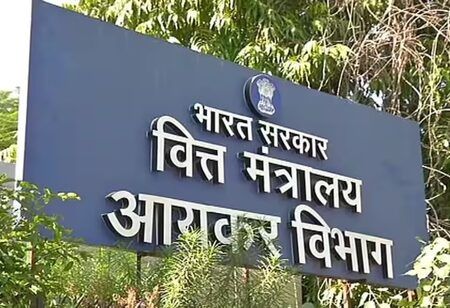
Jane Street Faces Potential Income Tax Probe Following SEBI Accusations


Proprietary trading firm Jane Street, headquartered in the US, is facing potential scrutiny from the Income Tax Department after regulatory action by the Securities and Exchange Board of India (SEBI). The department is examining whether the firm’s operations violated the General Anti-Avoidance Rules (GAAR) and permanent establishment norms, sources familiar with the matter said.
SEBI recently barred Jane Street’s Indian entity over alleged market manipulation. According to its findings, while the Indian arm conducted intraday trades in the cash segment, significant profits were booked by offshore entities in Singapore and Hong Kong through index option trades, raising concerns over tax evasion and regulatory arbitrage.
The tax department is currently reviewing the case, with informal discussions reportedly held between SEBI and tax officials. No formal notice has been sent to Jane Street yet, but a deeper probe is likely, given the complexity of the transactions and regulatory red flags.
Also Read: Steps to Enhance Your Organization's Cyber Resilience
Jane Street did not respond to queries. A tax official confirmed that SEBI's interim order is under review and that a detailed examination of the firm’s financials is underway. Experts believe Jane Street’s structure may lack commercial substance, potentially triggering GAAR provisions. These allow the tax department to reattribute profits earned offshore to Indian entities and impose taxes of up to 38.22 percent.
Also Read: CM Naidu Talks About Planting Ideas in Andhra Pradesh
Jane Street’s group structure includes two Indian entities JSI Investments and JSI2 Investments and two offshore FPIs based in Singapore and Hong Kong.
The allegations are that while the Indian firms engaged in intraday trading in cash and futures segments, the bulk of profits were booked offshore, particularly in Singapore, benefiting from favorable tax treaties. This setup has raised red flags under India’s anti-avoidance framework.